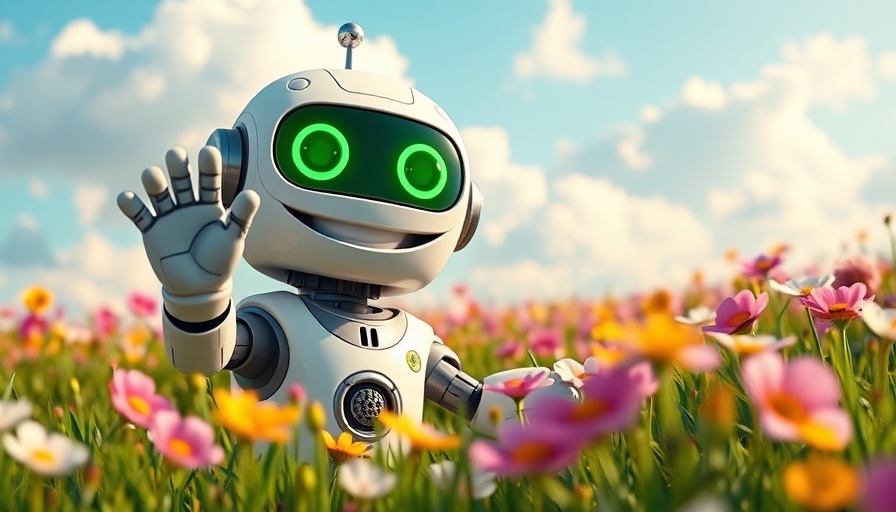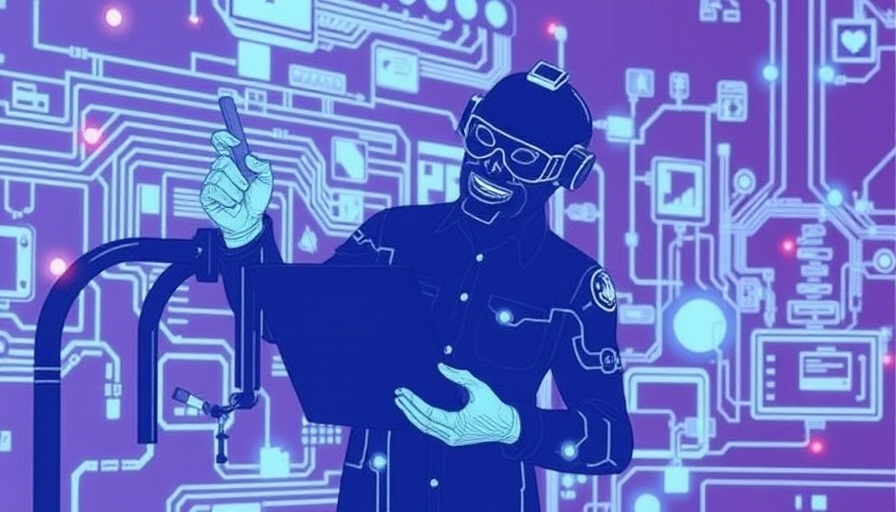
The Emotional Divide: Human vs. AI Voices
The rise of artificial intelligence in various sectors has led to a compelling debate on the value of human voices versus AI-generated ones. On one hand, human voices deliver a spectrum of emotions—joy, sorrow, nostalgia—that AI struggles to replicate. While AI voices excel in precision and efficiency, the subtle nuances of human expression are often lost.
AI's Increasing Role in Society
As technology grows, AI's application in fields such as education, healthcare, and governance is expanding rapidly. Secure AI systems are enhancing communication methods but might also threaten jobs traditionally held by humans. The key question arises: How can we balance the positives of AI with the emotional and qualitative aspects that human voices represent? Sociologists emphasize that understanding AI's cultural influence can help navigate the ethical implications that lie ahead.
Use Cases Where AI Shines
There are areas where AI voices undoubtedly shine. In industries like call centers, AI can handle customer queries more quickly and reduce wait times, showcasing practical efficiency. Yet, in creative fields such as storytelling and music, where emotional resonance is paramount, the irreplaceable depth of human voices often takes precedence.
Comprehending the Coming Changes
AI is not merely a technological shift but a societal change. Engaging in this dialogue enables us to better understand AI's repercussions on societal structures and individual livelihoods. Policymakers should prepare to tackle the issues of job automation and social inequality that arise with AI's presence.
AI’s Potential for Social Good
Interestingly, AI holds promise in driving positive social changes. From improving educational outcomes to aiding in humanitarian efforts, the potential for AI to contribute to social good is significant. However, we must advocate for ethical standards that ensure AI serves humanity rather than undermines it. By consciously striving for responsible use of technology, society can harness AI's benefits and mitigate its risks.
Conclusion: Finding Balance
Ultimately, the future lies in harmonizing the efficiencies of AI with the irreplaceable emotional depth of human communication. As consumers and citizens, it's our responsibility to participate actively in discussions about AI and its role in shaping our world. We must advocate for ethics in technology, ensuring that societal needs define AI developments. Join the discussion on the cultural impacts of AI and how we can create a world that values both innovation and the human experience.
 Add Row
Add Row  Add
Add 




Write A Comment